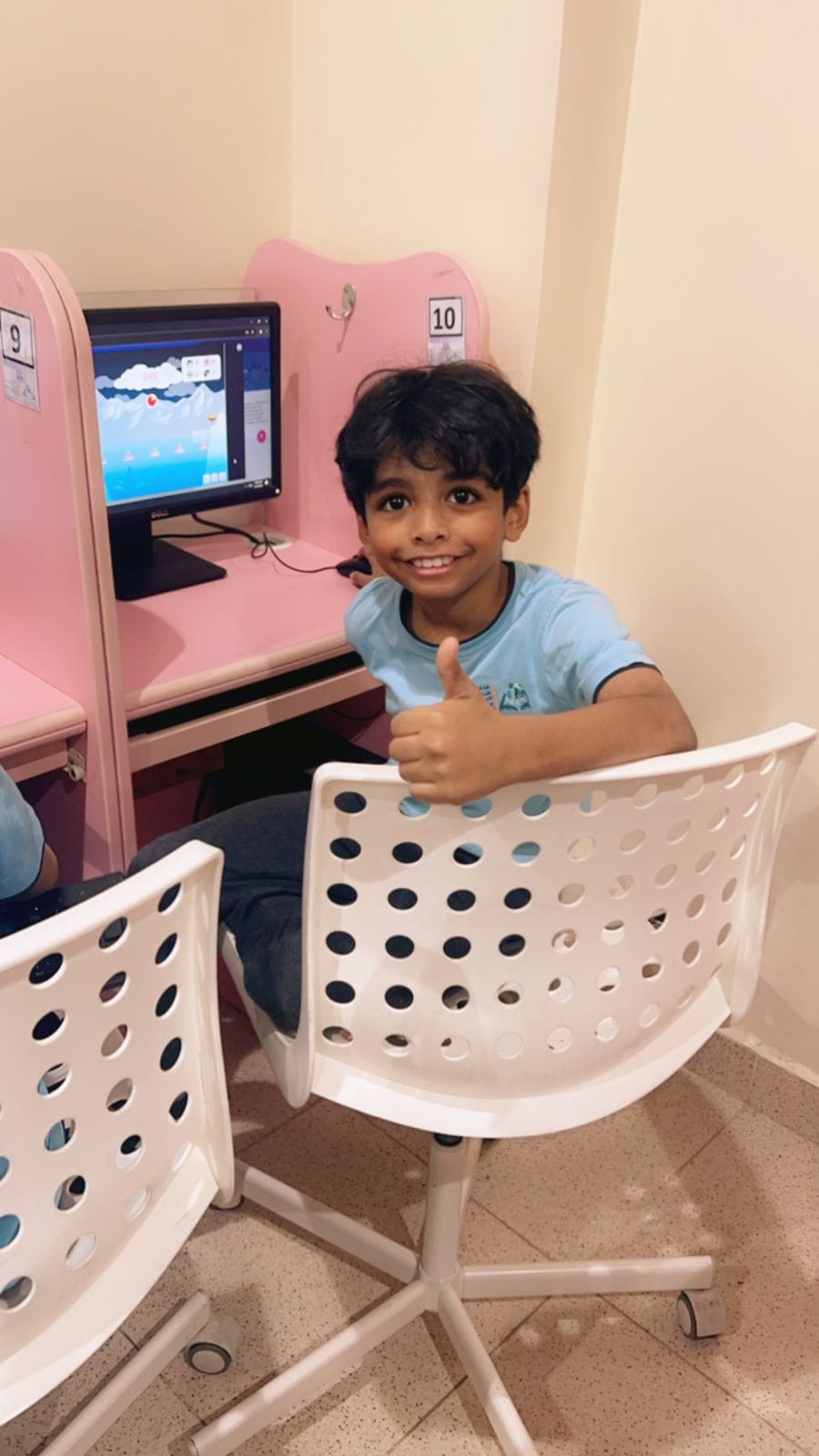Teachers as Future Builders: Preparing Students for Roles like Prompt Engineers
Published: May 17, 2024
Mangahigh Teacher Coaching Team
In today’s rapidly evolving technological landscape, new roles are emerging that challenge our conventional understanding of career pathways. One such role is that of a "prompt engineer," a position that is becoming increasingly vital as artificial intelligence (AI) and machine learning (ML) technologies become more integrated into our everyday lives. This article explores why teachers, particularly those experienced in teaching subjects like mathematics, are uniquely equipped to train students for roles such as prompt engineering.

Understanding Prompt Engineering
At its core, prompt engineering involves crafting inputs that guide AI to produce desired outputs. Think of it as instructing a very literal student who follows directions exactly as given, without assuming anything beyond the instructions. This requires precise, clear, and effective communication skills—qualities that teachers develop and refine throughout their careers.
The Connection Between Teaching and Prompt Engineering
Teachers, especially those who teach subjects requiring logical structuring like mathematics, inherently practice the skills needed in prompt engineering every day. When a math teacher designs a problem set, they must consider how the question is phrased, the problem-solving steps, and the desired outcome. This mirrors the process of prompt engineering, where one must precisely define problems to ensure the AI performs the intended task accurately.
- Structured Thinking: Both fields require a systematic approach to problem-solving. In mathematics, we break down problems into smaller, manageable parts—a skill directly applicable to prompt engineering, where tasks must be decomposed into clear, actionable parts for the AI.
- Adaptability: Teachers constantly adjust their explanations to suit the learning styles of different students. Similarly, prompt engineers tweak inputs based on the responses from AI, ensuring the technology understands and executes tasks correctly.

How Mangahigh Prepares Students for Future Tech Roles
Mangahigh’s adaptive technology exemplifies how educational tools can prepare students for future roles like prompt engineering. By engaging with Mangahigh’s platform, students learn to:
- Construct Their Own Learning: Mangahigh adapts to each student’s learning pace, providing problems that are tailored to their level of understanding and progress. This method teaches students to manage their learning trajectory, akin to how prompt engineers must guide AI systems.
- Develop Problem-Solving Skills: The interactive nature of Mangahigh’s math problems requires students to think critically and solve problems methodically, reinforcing the structured thinking essential for prompt engineering.
- Embrace Technology: Regular use of digital tools like Mangahigh makes students comfortable with technology, an essential trait for any tech-based profession.

The Role of Teachers in Tech Education
Teachers are the bridge between current educational practices and future job skills. By incorporating technology like Mangahigh in the classroom, teachers are not just educating; they are equipping students with the skills needed in future tech roles. Understanding the fundamentals of how AI works and how to interact with it through activities like prompt engineering will be crucial skills in the workforce of tomorrow.
In conclusion, as we steer towards an AI-driven world, the role of educators is becoming more crucial in preparing students for future challenges. Teachers already possess many of the skills needed for emerging tech roles, such as prompt engineers. Platforms like Mangahigh are invaluable in this preparation, ensuring students are not only consumers of technology but also skilled operators and shapers of these digital tools.
